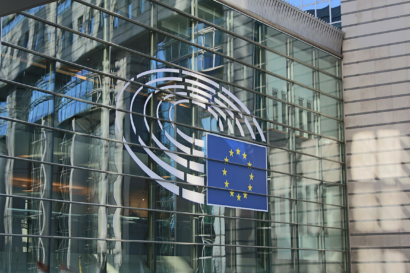REPORTS & BRIEFINGS | 23/01/2017
Amplifying action on resource efficiency: UK edition

A resilient and competitive economy is one that can create more with less and deliver greater value with less input.
The UK’s resource productivity increased between 2000 and 2014[1], yet trends over the same period show a simultaneous decline in physical exports and an increase in imports[2]. The widening gap suggests the UK is becoming more reliant on material production in other countries and consequently more susceptible to price volatility in commodities markets and exchange rate fluctuations. Transitioning to a resource efficient economy is a viable (and proven) avenue for the UK to further increase its resource productivity, boost employment and competitiveness and curb resource dependence and waste.
Countries around the world – not least China, the Netherlands and Scotland – have already embedded resource efficiency into their national strategy. Yet a coherent UK resource efficiency policy is lacking, putting the UK at a disadvantage as other countries drive this agenda forward.
This report provides a range of case studies and policy recommendations that would build a productive and globally competitive economy that is fit-for-purpose in the 21st century. The studies are taken from several pioneering businesses amongst our membership and those taking part in the EU LIFE+ funded REBus project, of which the Aldersgate Group is a partner. The 26 pilots taking part in the project have already seen a total of £4.89m in financial benefit, allowed for 62,619 tonnes in material savings and reduced greenhouse gas emissions by 1,953 tonnes[3].


